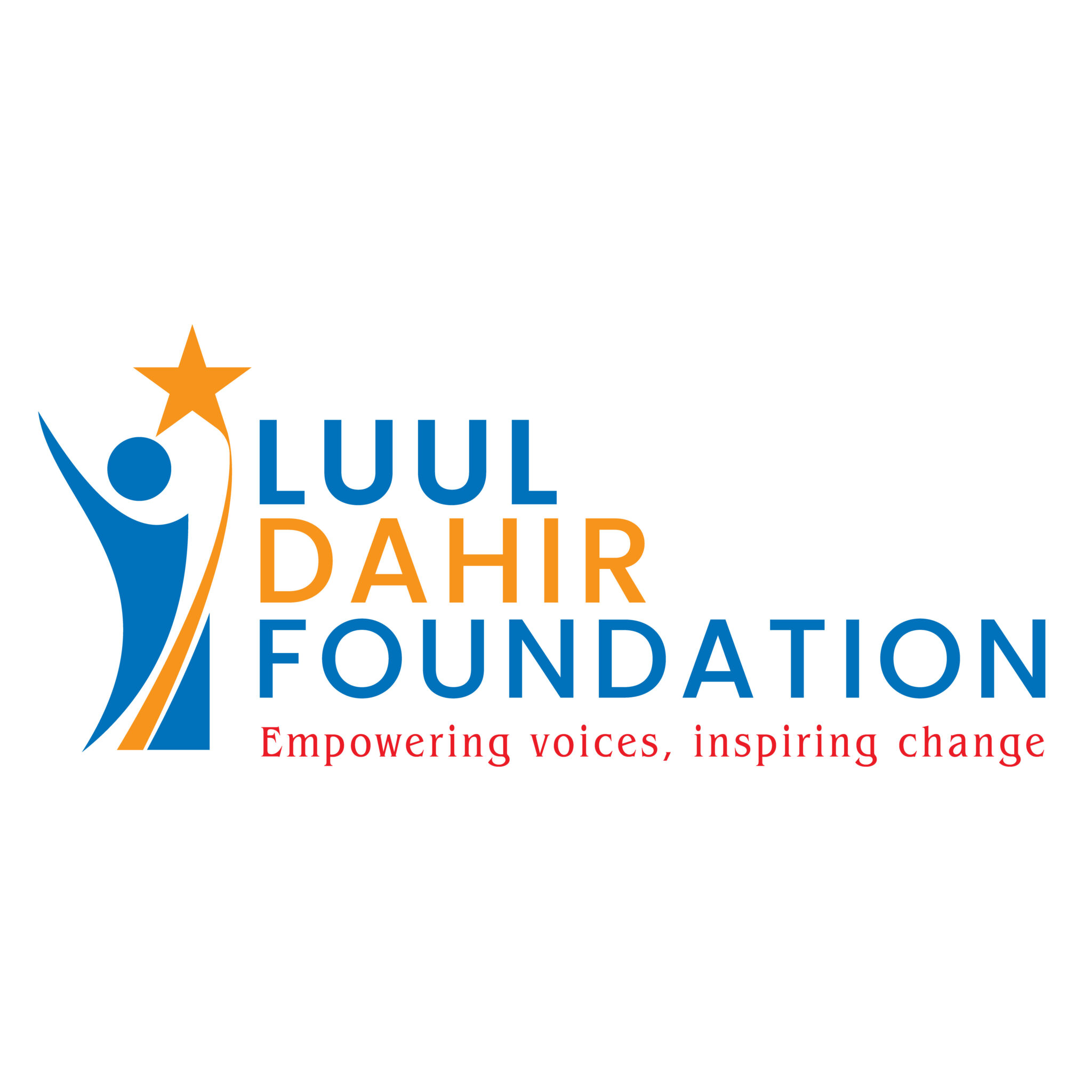“Justice Delayed, Grief Unending: The Tragedy of Luul and Mariam”
Justice Delayed, Grief Unending: The Tragedy of Luul and Mariam A growing call from human rights advocates and members of the U.S. Congress urges the Pentagon to take accountability for civilian casualties caused by American airstrikes in Somalia. In April 2018, an airstrike in southern Somalia tragically killed Luul Dahir Mohamed and her four-year-old daughter, Mariam Shilow Muse. Despite acknowledgment of civilian deaths in this and other incidents, the U.S. has been criticized for failing to compensate or meaningfully engage with affected families. Luul and Mariam were traveling in a vehicle mistakenly targeted by U.S. forces. Internal investigations revealed confusion and inexperience among the operators who carried out the strike. While the U.S. military admitted civilian deaths, they claimed the identities of the victims could not be determined. For over five years, Luul and Mariam’s family reached out to AFRICOM and other U.S. entities seeking acknowledgment and reparations, but their efforts have been met with silence or deflection. In December 2023, two dozen human rights organizations and lawmakers like Senator Elizabeth Warren and Representative Ilhan Omar pressured the Pentagon to compensate the families. They emphasized that these oversights undermine U.S. credibility in protecting civilians during military operations. The recently published Defense Department guidelines on civilian harm remain poorly implemented, leaving families like Luul’s without justice or closure. The Story of Luul and Mariam Luul Dahir Mohamed was a mother devoted to her family, working tirelessly to secure a better future for her children in the volatile region of Galgaduud, Somalia. On April 1, 2018, Luul and her daughter Mariam were a visit to a brother children when their vehicle was struck by a U.S. airstrike targeting alleged militants. The explosion destroyed their lives in an instant, leaving their family to grapple with a devastating loss. Luul’s former husband, Shilow, remembers her as the heart of the household, someone who brought warmth even in their most challenging days. Mariam, a playful and curious child, loved to chase after butterflies near their home. Abubakar Dahir Lull Dahir’ brother reached out to Somali and U.S. authorities, writing letters, meeting officials, and filing complaints, but encountered only bureaucratic indifference. Locals advised him to stay silent, fearing repercussions from both governments and militant groups. With no compensation or formal apology, the family struggles financially and emotionally, haunted by the trauma and systemic neglect. The injustice faced by Luul’s family is not unique. Many Somali families have endured similar tragedies, left without recognition or support. As Representative Jim McGovern aptly stated, “We cannot take away their pain, but the fact that we haven’t even tried is awful.” Conclusion The story of Luul, Mariam, and countless others highlights the human cost of military operations in conflict zones. It underscores the need for stronger accountability mechanisms and genuine efforts to make amends to affected civilians. While Congress and activists push for changes, families like Luul’s continue to carry the burden of loss, waiting for a justice that feels ever out of reach. Sourceres: Hiiraan Online articles on civilian casualties and airstrikes in Somalia Read more here【8】【9】【10】. Read from Civilian of Conflict. Additional reporting from The Intercept and U.S. Department of Defense reviews of civilian harm.
“Justice Delayed, Grief Unending: The Tragedy of Luul and Mariam” Read More »
